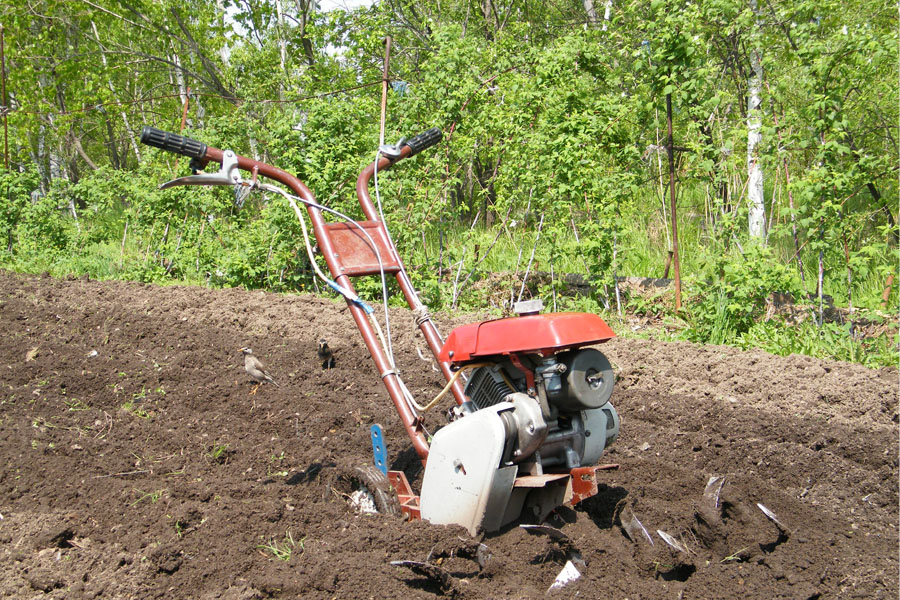Rating of the best wood oils for 2022
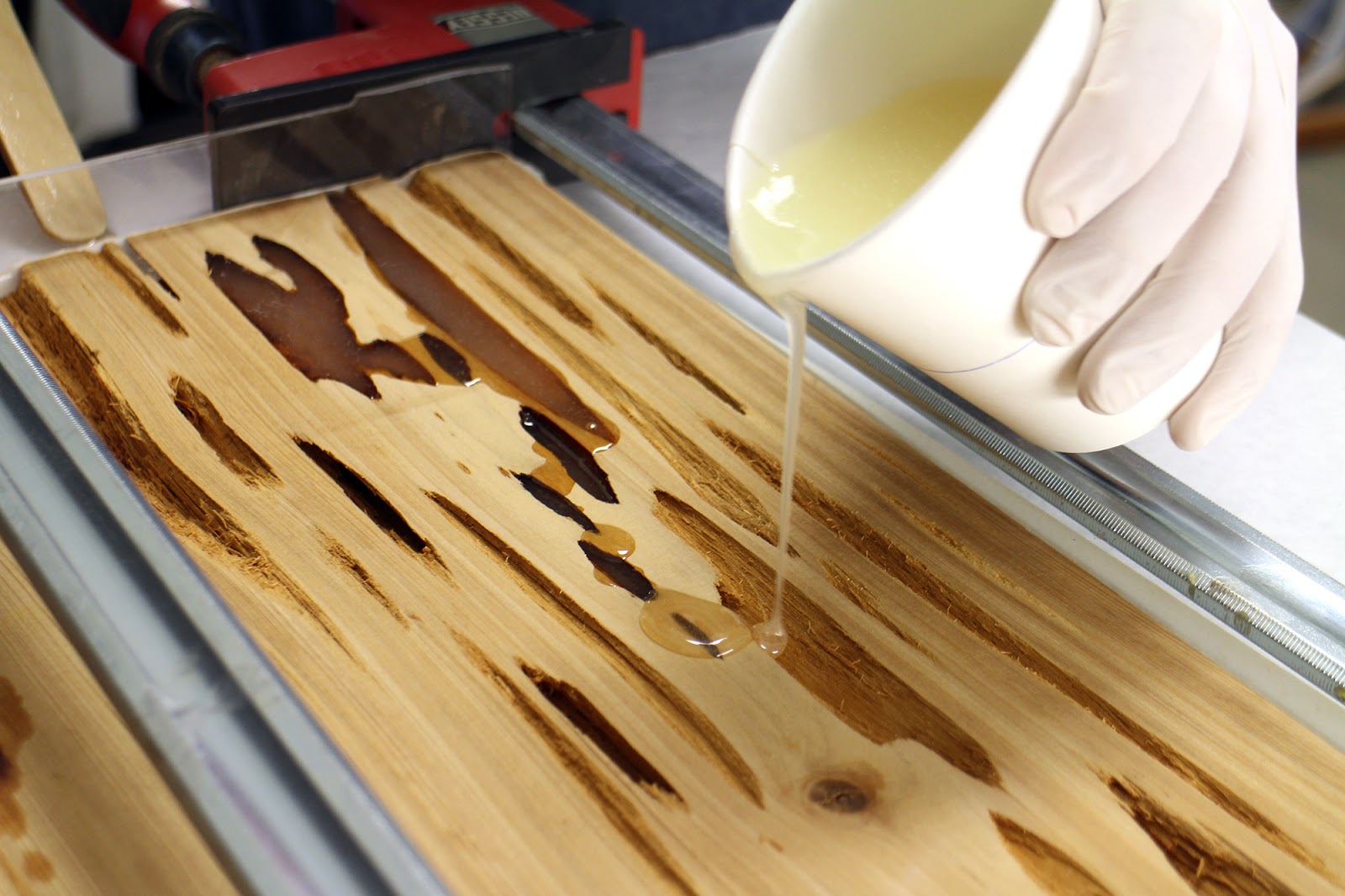
Wood is a material that requires attention, which means that in order to be able to use it to the fullest, you need to properly care for it. One of the means of caring for wooden surfaces is oil. We will talk about the best oils for wood below.
Content
What is wood oil?
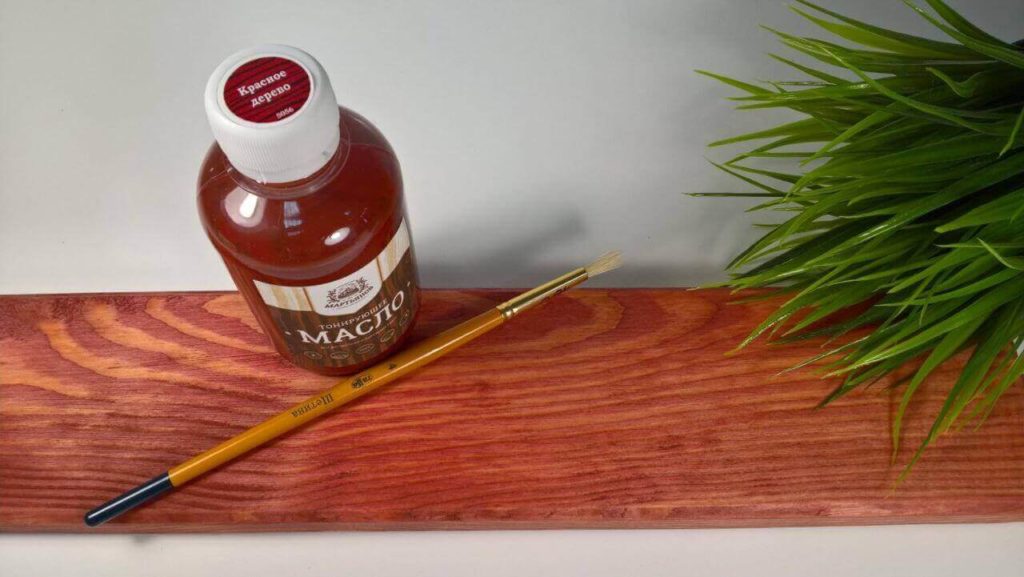
Protecting wooden surfaces is an important procedure; a properly selected impregnation agent affects not only the durability of wood, but also its aesthetic value and ease of use.
Each surface, regardless of the type of wood, its hardness and strength, requires appropriate impregnation. It is important to choose a product that is adapted to the parameters of the wood so that it retains its structure and resistance to adverse external factors such as moisture or scratches.
Oil treatment is one of the traditional and environmentally friendly methods of protecting wooden surfaces.
Oiling is one of the oldest and simplest methods of impregnation, which allows you to preserve the natural appearance of wood, while protecting it from the loss of valuable properties.
Unlike varnishing, this procedure does not require any special skills or special processing, such as sanding layers before reapplying them. The only thing to remember in order to get the desired lubrication effect is to wait for the preparation to dry completely before applying the next layer.
Unlike paints and varnishes for wood, which create a protective layer on the surface of the wood, oils penetrate deep into the structure of the wood, closing its pores and preventing water absorption, allowing the wood to breathe.
It also protects the surface from mold and mildew, so it is ideal for surfaces subject to high humidity or large temperature fluctuations. The particles, penetrating into the pores of the wood, cause it to swell and fill, which improves the ability to regenerate the surface in case of minor damage and scratches.
This treatment is a wood preservation method with an ancient tradition.Today, thanks to a return to traditional crafts and techniques, oiling wood is becoming very popular again.
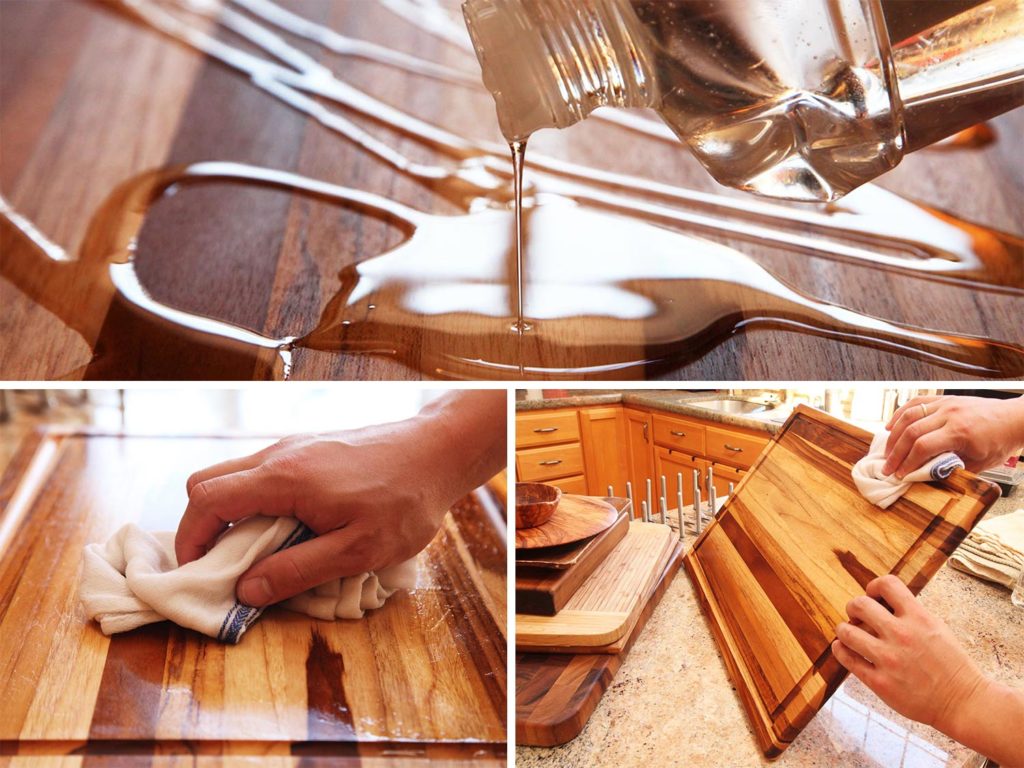
When faced with the choice of wood preservative, many wonder what to choose:
- varnish;
- paint;
- wax;
- oil.
Due to their properties and ease of use, oils are often chosen. They are applied to raw, properly prepared wood with a brush or cloth. Therefore, it does not require the use of professional tools and special skills.
The advantage of using it is also that it penetrates deep into the structure of the wood, protecting not only from moisture, cracking as a result of drying and UV rays.
In addition, unlike varnishes, paints for wood, it does not leave a protective layer on the wood, the so-called film, which can crack and peel off over time. After processing, the wood has a visible texture, rich color, satin sheen and a pleasant to the touch surface.
Oil-based preservatives can be used to protect exotic, hardwood and softwood woods, both indoors and outdoors. In rooms, they are most often used to protect wooden floors and stairs. Manufacturers offer special blends called parquet oils, wood floor oils, or stair oils. Special wood products can also be successfully used to care for wood countertops in kitchens or bathrooms, as well as to protect wooden furniture.
Due to their excellent moisture and UV protection properties, they are well suited for wooden structures or outdoor furniture.Most manufacturers offer oil additives that protect exotic or natural hardwood deck floors (such as acacia, oak or ash) as well as deck beams, doors, shutters. They are commonly referred to simply as terrace oils or for external use.
Oil compositions for wood mainly contain plant components, usually linseed oil, which, due to the relatively high price, is also replaced by sunflower or tung oil in cheaper preparations.
These funds also include:
- natural dyes;
- natural resins;
- wood oil esters;
- thinners.
Important! When buying wood oil, you should check the composition on the label.
Kinds
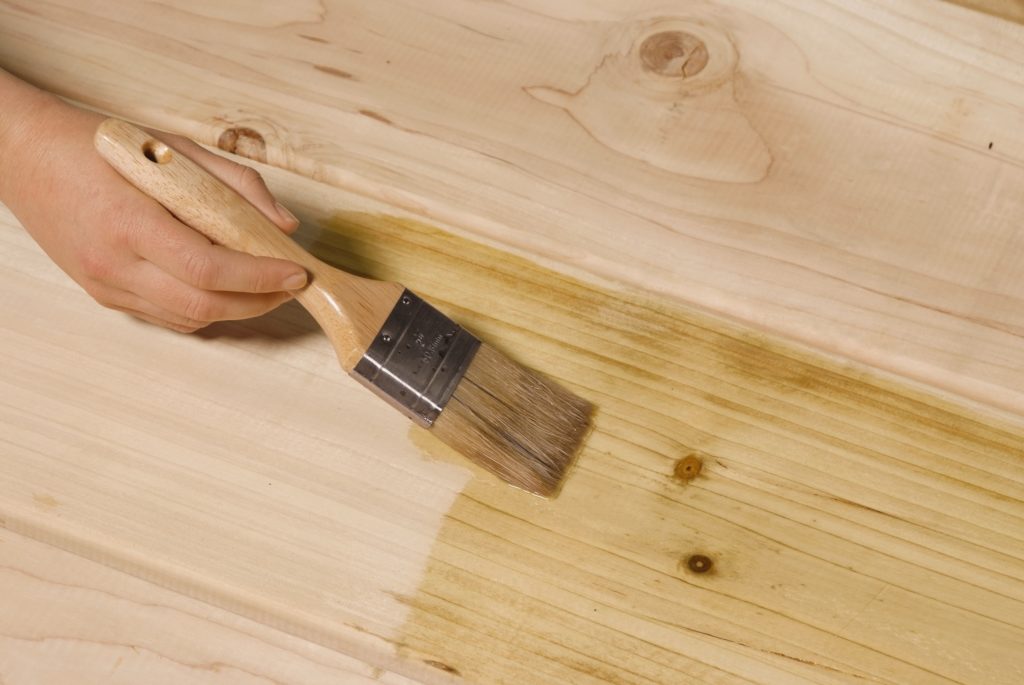
- Solvent-based wood cleaners
These preparations are tested and recognized by many consumers. Such wood products perfectly protect the surface, penetrating deep into the profile of the tree. Deeper penetration into the wood structure ensures durability and resistance of products, especially when the wood preparation coats heavily used surfaces, such as floors. It is typically used outdoors, mainly on wooden deck decks, although solvent-based wood products also work well indoors.
- Water-based preparations
These products are designed for surfaces with less demanding requirements, they protect well against factors that reduce their life, such as solar radiation or atmospheric factors, especially humidity and extreme temperatures.
processing process
The process of protecting a wooden surface is simple, you do not need to have special knowledge and skills, as well as any specialized equipment.
All impregnation should begin with a thorough cleaning of the wooden surface. Even if it is untreated wood, never painted with a protective layer, it is worth sanding - this will open the pores and the oil will more easily penetrate into the structure of the wood. Then use a damp (but not wet!) soft cloth to remove dust and dirt. When the wood surface is dry, the oiling process can begin.
It can be applied with a brush or a soft, clean cloth, along the fibers. After applying the first layer, you must wait about an hour - this time is enough for the preparation to penetrate into the deep structure of the boards.
Then use a paper towel to remove any excess left on the surface. After waiting another hour, you can apply another layer of the drug. Then repeat the steps until you get the desired effect. Usually two to eight layers are applied, depending on how many layers we apply, the tree will be resistant to adverse external conditions to varying degrees. Therefore, special attention should be paid to wooden furniture, floors and items that will be in the kitchen, bathroom, terrace or garden. In the case of wooden furniture for the bedroom or living room, 2-3 layers of the product are sufficient. The processing process must be repeated from time to time. Under favorable indoor conditions, it is enough to do this three times a year.
Advantages and disadvantages
Wood oil is an impregnation method with many benefits:
- Firstly, wood after such processing looks natural. Thus, this method is ideal for repairing rustic, Scandinavian and Provencal style furniture;
- secondly, this method is relatively inexpensive and easy to implement on your own;
- thirdly, the oils mainly consist of natural ingredients, so the method is environmentally friendly and safe, including for children and people with allergies.
Another advantage of oil treatment of wood is that the preparation does not remain on the surface, but penetrates deep into the structure of the boards. Thanks to this, the wood is well moistened, does not dry out and does not crack.
An additional advantage is that oil-swollen wood tends to self-heal, if this happens, a deep scratch forms on the wood surface, the wood closes on its own, and the trace of damage becomes almost invisible.
Filling wood with oil does not clog pores, wood can breathe and thus release excess moisture, so the oiling process is an ideal solution for rooms with high air humidity.
The disadvantages of this method include the process of natural darkening of wood.
Compound
natural ingredients
It is no coincidence that modern ready-made preparations for wood finishing are considered environmentally friendly preparations. They contain natural oils, most commonly linseed, corn, palm, and walnut.
Essential oils with a strong aroma, such as those from citrus and pine resins, are also an important ingredient. It used to take weeks to process a single piece of furniture, because it took a long time for the individual layers of the mixture to dry.
Today, as a rule, ethyl alcohol and substances derived from oil are used, and drying is facilitated, for example, by calcium salts.
Dyes that delicately stain wood are also often found in oils.Usually these are pigments of natural origin, such as chalk, gypsum, iron oxides, ocher, plant extracts.
The most popular are golden and white shades. The latter give the effect of bleached wood, which is very fashionable today.
Service
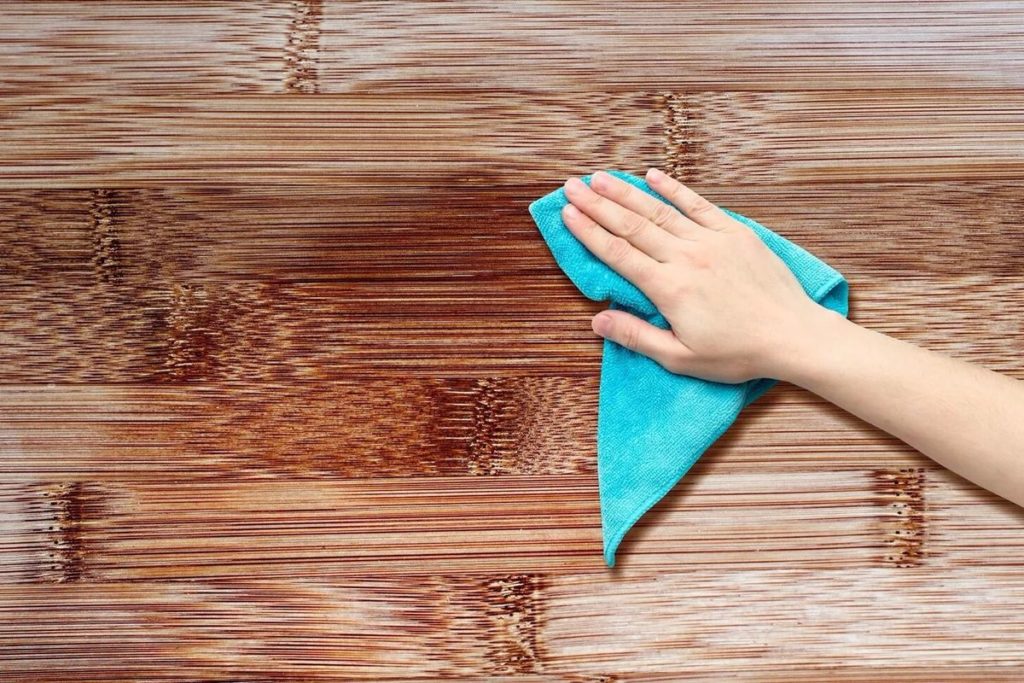
When deciding to impregnate furniture or wooden structures with oil, you need to know that wood preservation is not a one-time process. All oiling activities should be repeated from time to time - most equipment should be oiled once a year, and if the furniture is in unfavorable conditions for wood and is in constant heavy use, oil should be applied every 4-6 months.
Caring for oiled furniture will allow you to enjoy its natural look for many years. It is not particularly difficult, but requires simple tricks and, above all, regularity.
Basic cleaning is wiping with a slightly damp cloth. Preferably from a soft material, in order to avoid annoying small scratches on the surface, you need to clean it according to the location of the rings.
The most common mistake made by users of oiled furniture is trying to clean it with detergents. This is an easy way to create an unpleasant discoloration. The same goes for accidental alcohol spills, remove it quickly so it doesn't soak into the wood structure. And hot dishes that leave a noticeable mark on the surface. Oiled wooden furniture should only be cleaned with products designed specifically for it.
How to remove small scratches from oiled furniture?
An excellent method for removing small surface scratches is to gently (very gently) sand the damaged area with fine sandpaper (180-240 grit).And cover it locally with a new layer of oil. Oil should be applied along the natural lines of the wood pattern. Systematic maintenance allows you to eliminate most of the damage caused during use.
A wide range of wood preservatives are available from garden and home improvement stores and are available in a variety of sizes. Most often, the packaging contains a specification regarding the characteristics of the product. Before buying, you should also pay attention to the possibility of using the product indoors or outdoors.
Rating of the best budget wood oils
Gappa
Universal opaque oil, for external and internal works.
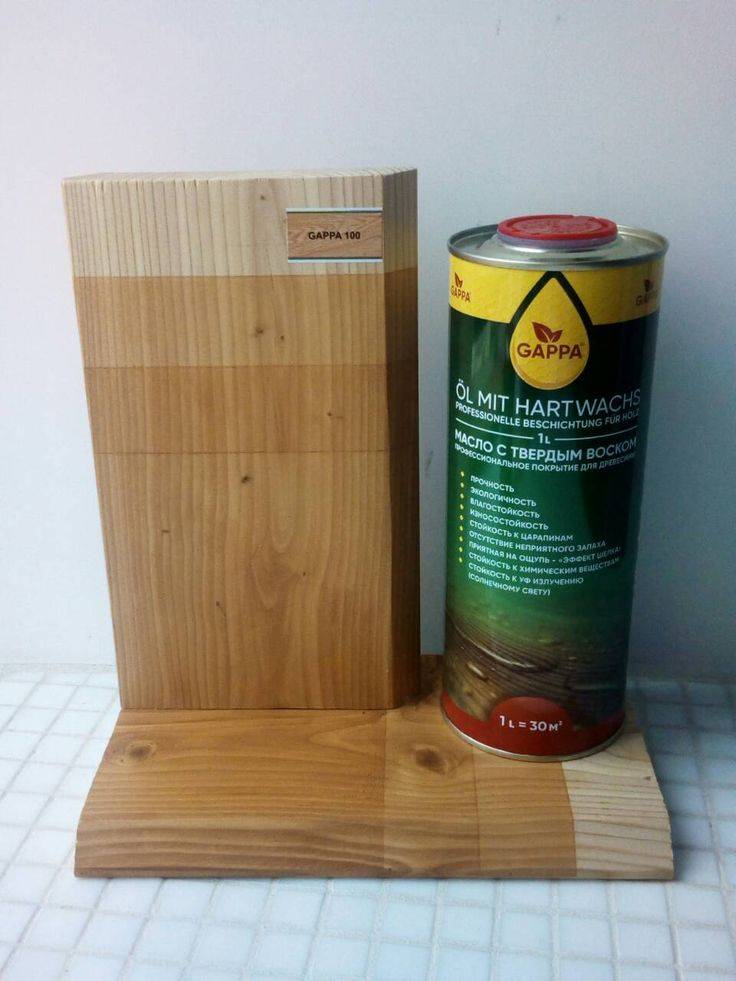
Color - wenge.
Volume - 200 ml.
Type - oil - wax.
Price - 440 rubles.
- excellent quality;
- consistency;
- small expense;
- suitable for indoor and outdoor surfaces;
- matte effect;
- can be used for processing floors, walls, furniture, facades and doors;
- drying during the day;
- you can apply the product using a roller, brush or sponge;
- apply easily;
- protects against ultraviolet radiation;
- the smell is moderate;
- emphasizes the structure of the tree.
- high price for a small amount.
Tikkurila Valtti Terrace Oil
Oil for the treatment of wooden surfaces with the addition of wax for outdoor use.
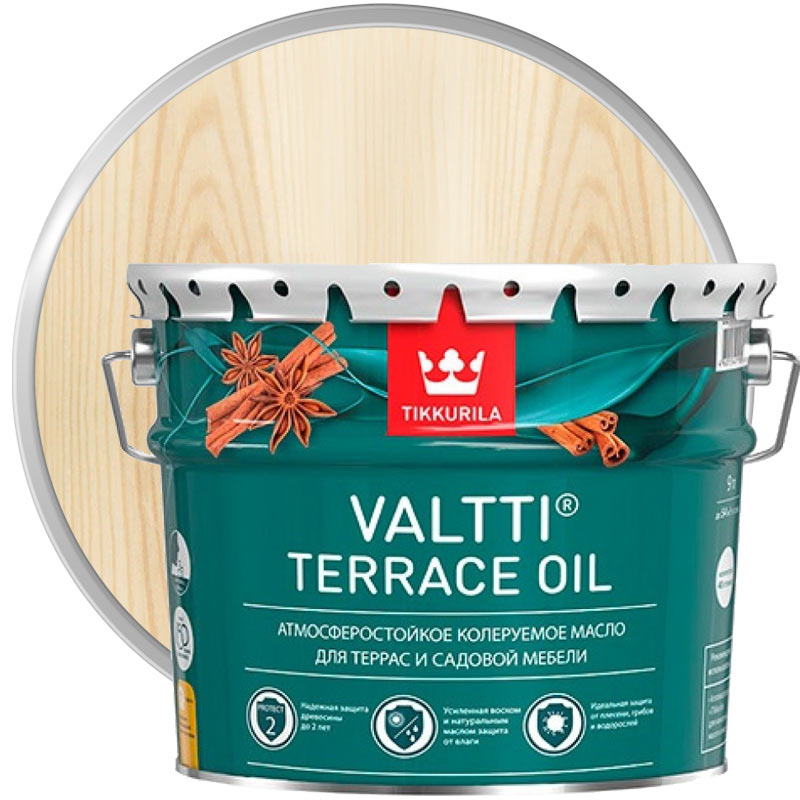
Type is oil.
Color - colorless.
Volume - 900 ml.
Price - 607 rubles.
- affordable price;
- good quality;
- convenient volume;
- smooth and easy to apply;
- protects against fungus and mold;
- helps to reduce cracking;
- the product can be applied with a brush or applicator;
- stairs, terraces and garden furniture can be processed.
- no.
Tikkurila Valtti Puuoljy
Excellent product for protecting wooden exterior surfaces from moisture, dirt and cracking. Suitable for exterior wooden surfaces such as garden furniture, terraces, stairs, piers. The agent can be applied to a clean wooden surface, as well as to an early treated with such a preparation.
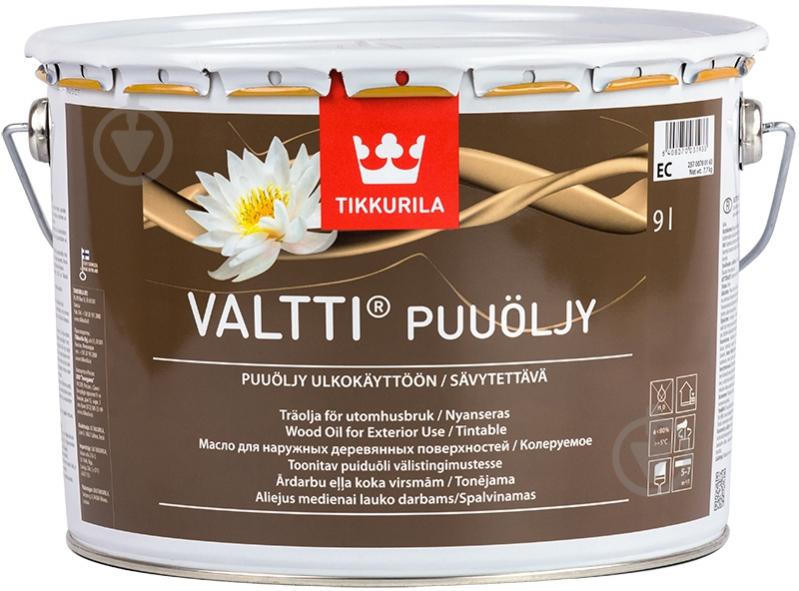
Type - oil-wax.
Volume - 900 ml.
Color - colorless.
Price - 830 rubles.
- great quality;
- volume;
- ease of application;
- dries quickly;
- easily distributed over the surface;
- reduces crackling;
- protects against moisture and ultraviolet radiation;
- suitable for oiling floors and furniture.
- no.
Tikkurila Supi Laudesuoja
Paraffin-based oiling agent that not only gives a beautiful and noble appearance to surfaces, but also protects against moisture, dirt and UV exposure.
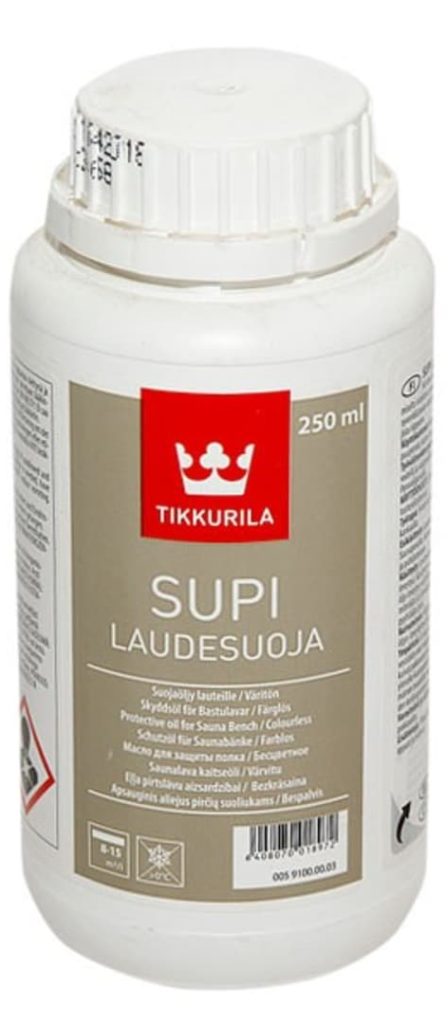
Volume - 250 ml.
Color - colorless.
Price - 704 rubles.
- quality;
- good and easy to apply;
- preserves the natural structure;
- can be used for treated and untreated surfaces;
- is an environmentally friendly product;
- gives a silky matte effect;
- intended for internal work;
- moderate odor and consumption.
- high price for a small amount.
OSMO Klarwachs
Wax-based preparation, which is perfect for processing hardwoods of tropical and exotic woods.
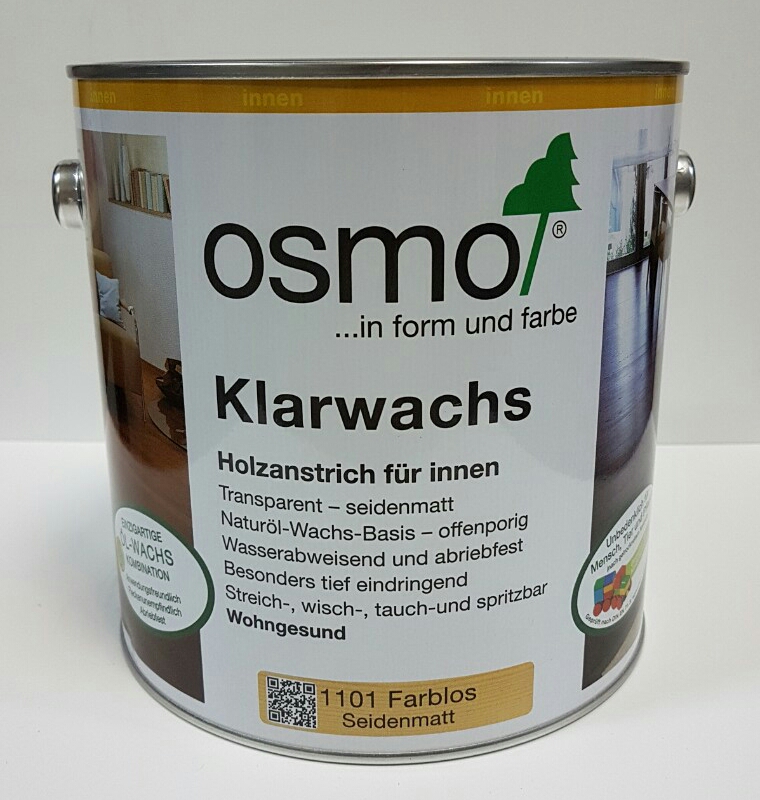
Volume - 2.5 liters.
Color - colorless.
Price - 890 rubles.
- ease of use;
- you can work using a brush or a soft cloth;
- perfectly emphasizes the structure of the tree;
- gives a silky matte effect;
- intended for internal work;
- has a water-repellent effect;
- well penetrates deep into the surface;
- does not close pores;
- protects against wear.
- no.
Expensive Options
Teak wood oil
A universal tool that is suitable for treating wood surfaces used indoors and outdoors.
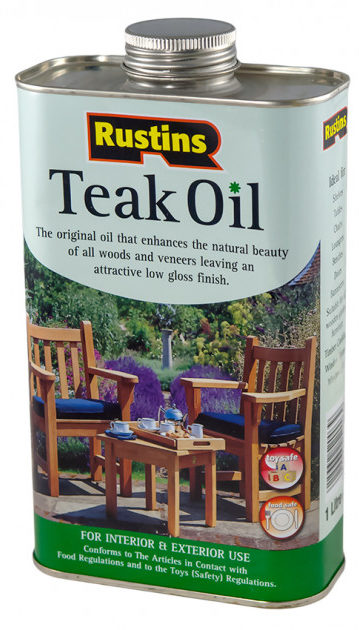
Volume - 1 l.
Price - 910 rubles.
- well distributed;
- perfectly penetrates into the structure of the tree;
- protects against moisture, the development of fungus and mold;
- emphasizes structure and pattern;
- different types of wood can be processed.
- no.
GNATURE 425
Excellent oil glaze for the treatment of wooden surfaces indoors and outdoors.
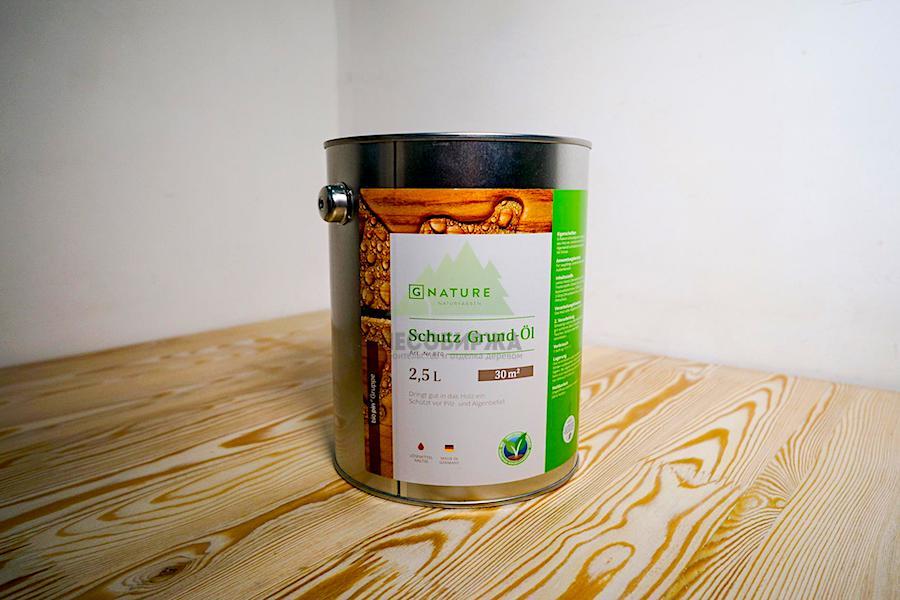
Volume - 750 ml.
Type - glaze.
Price - 1550 rubles.
- evenly distributed;
- natural composition;
- gives a silky sheen;
- moderate odor and consumption;
- high resistance to loads;
- protects against moisture, mold, external influences;
- suitable for processing floors and terraces;
- it is possible to process a new surface after primary processing;
- recommended for European and tropical tree species;
- the product is well absorbed.
- no.
S&H Technology WOOD OIL
Means for the treatment of wooden surfaces, which are often exposed to external influences and atmospheric influences.
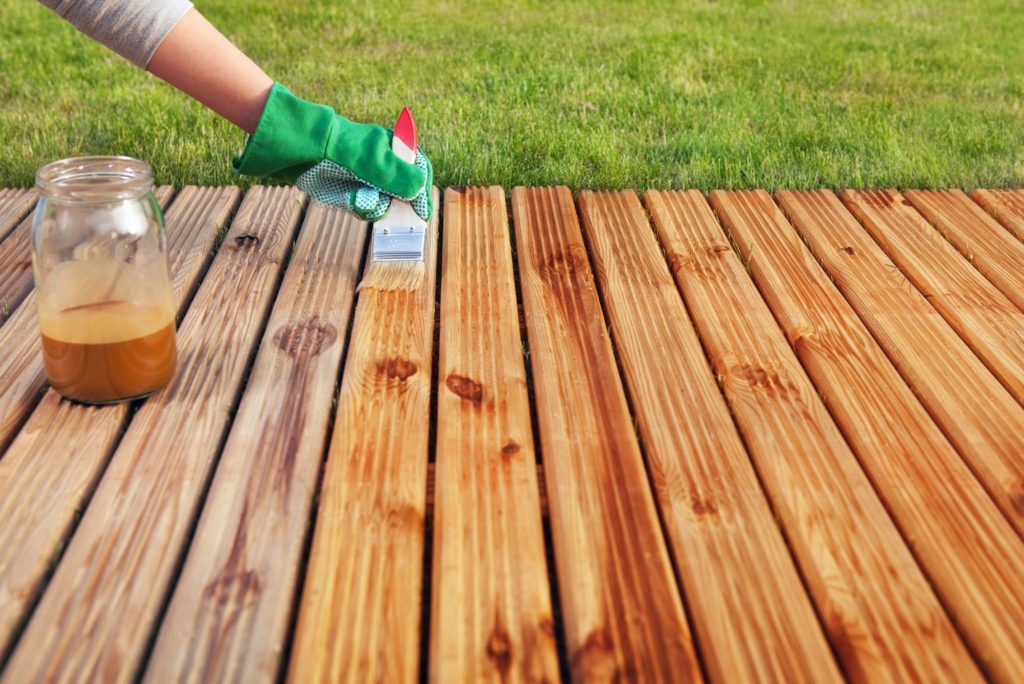
Volume - 2.4 liters.
Type - oil-wax.
Color - beech.
Price - 1980 rubles.
- ease of use;
- uniformity;
- dries quickly;
- moderate consumption;
- emphasizes the structure of the surface;
- has a protective effect;
- reduces cracking;
- has a water repellent effect.
- no.
Rustins Exterior Wood Oil
The preparation for outdoor work, thanks to a special formula, dries quickly and gives an excellent appearance.
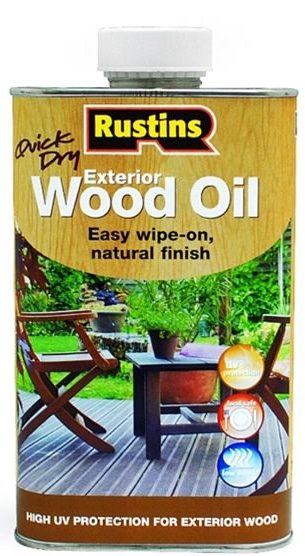
Volume - 1 l.
Price - 4000 rubles.
- natural composition;
- simplicity and ease of application;
- penetrates well;
- protects from the influence of external factors;
- dries quickly;
- forms a decorative layer;
- emphasizes the texture;
- protects against moisture, mold and mildew.
- high price.
Osmo Dekorwachs Transparente Tone
A preparation based on natural ingredients that can be safely used to paint furniture in a children's room, wooden toys and other surfaces inside houses and apartments.
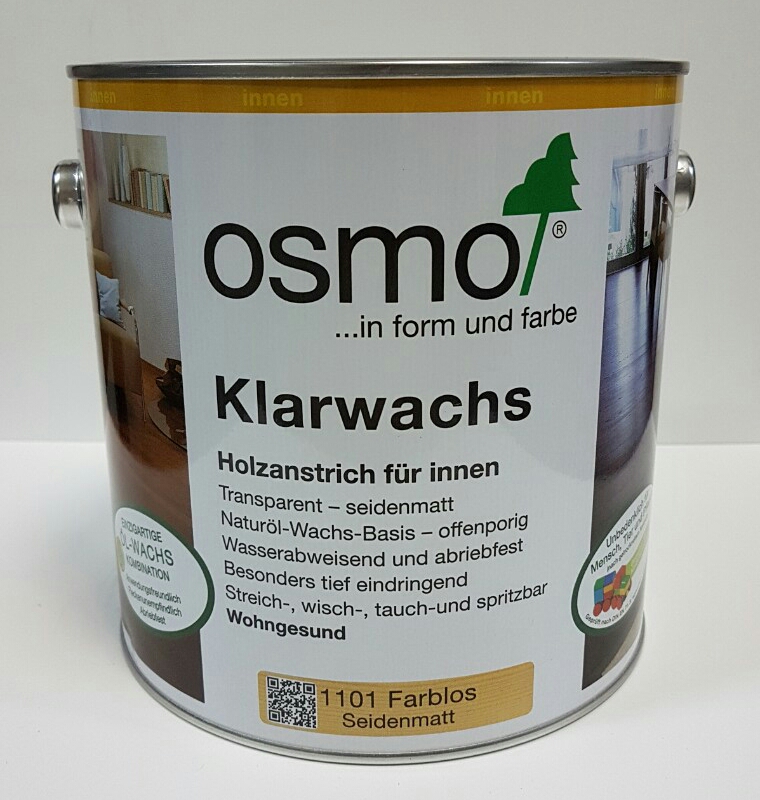
Volume - 750 ml.
Color - birch.
Price - 4608 rubles.
- compound;
- consistency;
- matte effect;
- can be applied with a brush and roller;
- small expense;
- moderate odor;
- dries well;
- creates a beautiful effect, emphasizes the structure.
- no.
Conclusion
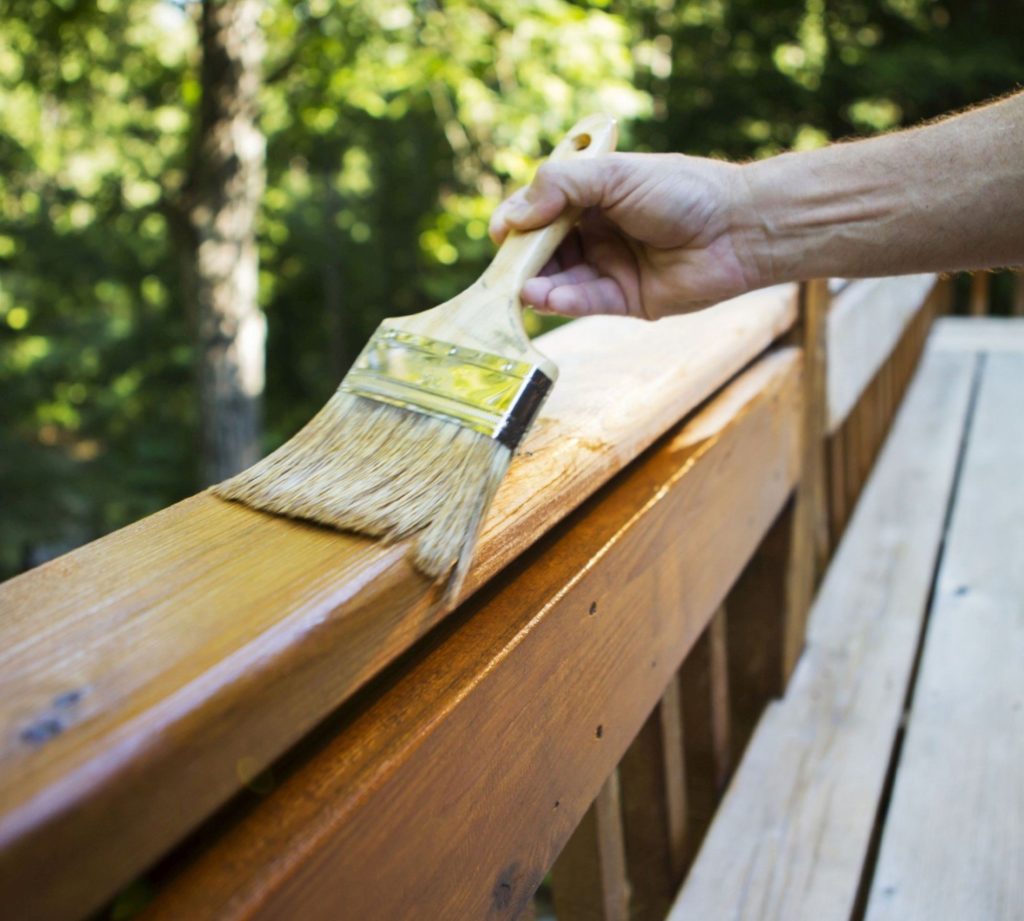
The oils offered today allow you to effectively protect the wood, and at the same time emphasize its pattern, guaranteeing a unique effect close to natural.
It has a significant advantage over other means when it comes to aesthetic appearance. As a result of processing, it is possible to emphasize the beauty of wood, while maintaining its original appearance and structure, to create the impression of a matte light sheen. At the same time, most oils for wood comply with environmental requirements.
new entries
Categories
Useful
Popular Articles
-

Top ranking of the best and cheapest scooters up to 50cc in 2022
Views: 131649 -

Rating of the best soundproofing materials for an apartment in 2022
Views: 127688 -

Rating of cheap analogues of expensive medicines for flu and colds for 2022
Views: 124516 -

The best men's sneakers in 2022
Views: 124030 -

The Best Complex Vitamins in 2022
Views: 121937 -

Top ranking of the best smartwatches 2022 - price-quality ratio
Views: 114978 -

The best paint for gray hair - top rating 2022
Views: 113393 -

Ranking of the best wood paints for interior work in 2022
Views: 110317 -

Rating of the best spinning reels in 2022
Views: 105327 -

Ranking of the best sex dolls for men for 2022
Views: 104363 -

Ranking of the best action cameras from China in 2022
Views: 102214 -

The most effective calcium preparations for adults and children in 2022
Views: 102010







